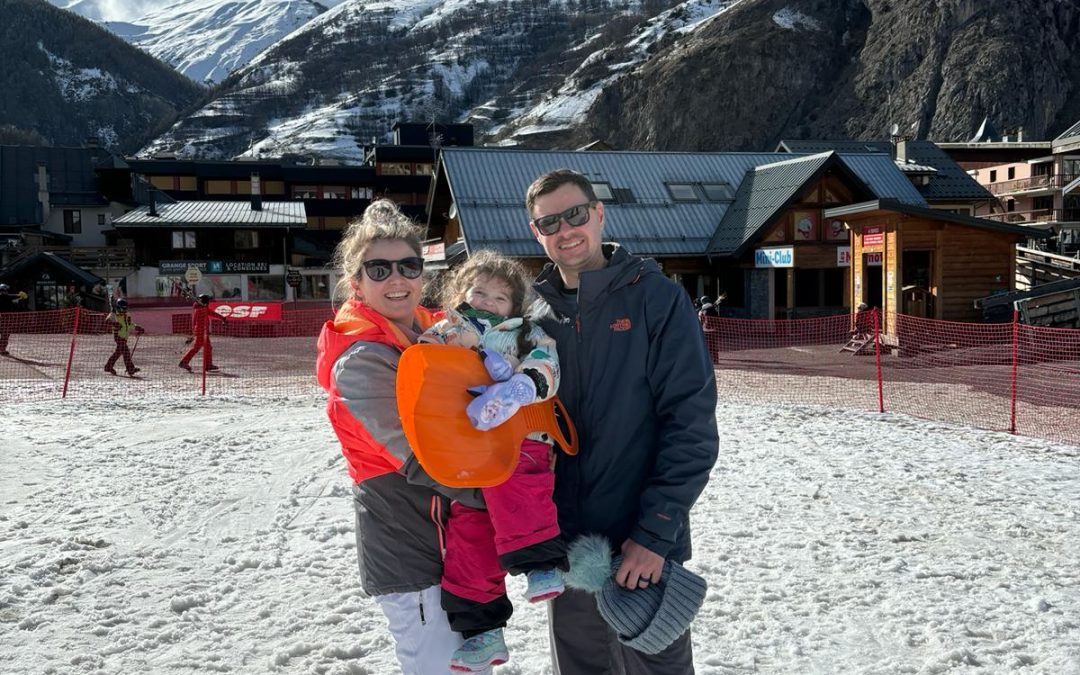The media’s influence in any given society correlates strongly with other freedoms and the level of economic development.
If the scores in Freedom House’s Freedom of the Press 201 index are considered briefly, this tendency is immediately confirmed. The media in the Democratic Republic of the Congo (DRC) is labelled as “unfree” and the country is without a doubt one of the most piteous in the world. South Sudan and Venezuela show the same correlation. Likewise, Canada is one of the richest countries in the world and its media is also free. The same goes for Finland and Australia.
There are obviously certain exceptions, like China (the second-largest economy in the world and a growing middle class with solid per capita income) and Singapore (one of the most prosperous and liveable countries in the world). Both have an unfree media landscape and are prosperous (or, in China’s case, on its way to prosperity). These countries are the exception rather than the rule, however.
Why is the media so important for a country’s success? As the so-called fourth estate, media has an indirect social influence through its ability to determine agendas. It is supposed to hold the political class especially accountable, but in fact any person or institution with power. Yet, it should be a counterweight to tyranny by being the citizenry’s voice and watchdog – or, rather, it is supposed to be.
No longer mainstream
The mainstream media in South Africa and elsewhere still does exceptional work to expose corruption and hold the government accountable. The media and its publications are exposed to different kinds of dangers such as evil governments, of which the cruel murder of Jamal Khashoggi in the Saudi Arabian embassy in Istanbul, Turkey is proof. This scale of threat varies from murder to intimidation, and from extrajudicial arrests to the closing of publications – to name but a few. A record number of journalists were arrested worldwide over the past year, for example.
The credibility and viability of the mainstream media are also threatened in other ways – and sometimes these are self-inflicted wounds. First, the mainstream media made itself guilty of fake news and blatant falsehoods. The Sunday Times recently admitted that it made errors with the articles on the Cato Manor murder gang and the South African Revenue Service’s so-called rogue unit. These are definitely not the only similar errors that the newspaper has committed before, and the Sunday Times is surely not the only transgressor. Together with this, a type of vulgarisation occurred in the media landscape with the advent and progress of social media and many other alternative online blogs and publications.
The mainstream media (and more specifically newspapers) determined the discourse and agenda themselves as recently as 30 years ago. Today, you can read someone’s well-known people’s first-hand opinions on Twitter and Facebook, and immediately participate in a debate on issues on the internet (rather than the newspapers’ selective letter columns) without the “mediation” of the mainstream media. This is not necessarily good, and it isn’t always polite, but it is a current reality and it also has benefits. People have many choices today and are not dependant on a handful of gatekeepers, but they must filter out the omnipresent “noise” themselves. To many people, the mainstream media is no longer the main stream.
Apart from the technological changes and fast-changing demands with which the media and journalists must weather, many journalists and media drive their own agendas and act improperly. I never thought people believe everything that Max du Preez and other leftist commentators say and write. As someone who has been a journalist for a few years and still loves the media, but who today works for a civil organisation with a high media profile and who therefore knows the truth (or then, roughly the truth), I am acutely aware that journalists and commentators often go about it subjectively and with bias. In the process facts are lost, groups and people are stereotyped and labelled, and generalisations (as well as group think) thrive.
Deception as facts
A friend of mine recently said that AfriForum received many a beating in the media. Although this is often true, it isn’t not nearly justified. I then told him that media could often be blatantly unfair and attributed things to AfriForum, the Afrikaner and many situations that were simply untrue. This also happened with Donald Trump in the USA, for example (and he also exaggerated); it wasn’t a South Africa-only situation. I very quickly established that what he read as “facts” in columns had been nothing more than speculations, innuendo’s, sophistries and falsehoods. He could not distinguish between these – and he isn’t the only one, unfortunately. It becomes a bigger problem if someone is dependent on just a few publications to form their opinions. If you call someone a Nazi or racist, you must be able to provide proof, or rather shut up.
Similarly, I have also realised that my European friends on Facebook have misperceptions about South Africa and the Afrikaner. Some are purposefully misled by local and international media, while others depend on preconceived ideas and little bits of information (correct as well as incorrect) to form a complete picture. This is very dangerous and leads to more perverse choices and influence. These dangers are brilliantly illustrated in Bobby Duffy’s The Perils of Perception: Why we’re wrong about nearly everything. It uses as base years of quantitative data by the polling giant Ipsos and shows how the public’s perceptions of events and tendencies such as migration and crime show complete differences with reality. It is a sobering tour de force of a book.
In this era of media fragmentation and diversity, it is therefore important that we endeavour to find the truth in a variety of ways to allow us to make better decisions, among other. And we shouldn’t simply believe something because a well-known person said it in a prominent news website or in a newspaper with a high circulation. The Sunday Times is but one example of fallibility. Let us celebrate the media’s role, but at the same time be critical about what we read and watch, and let us demand facts while we do our own verification.








